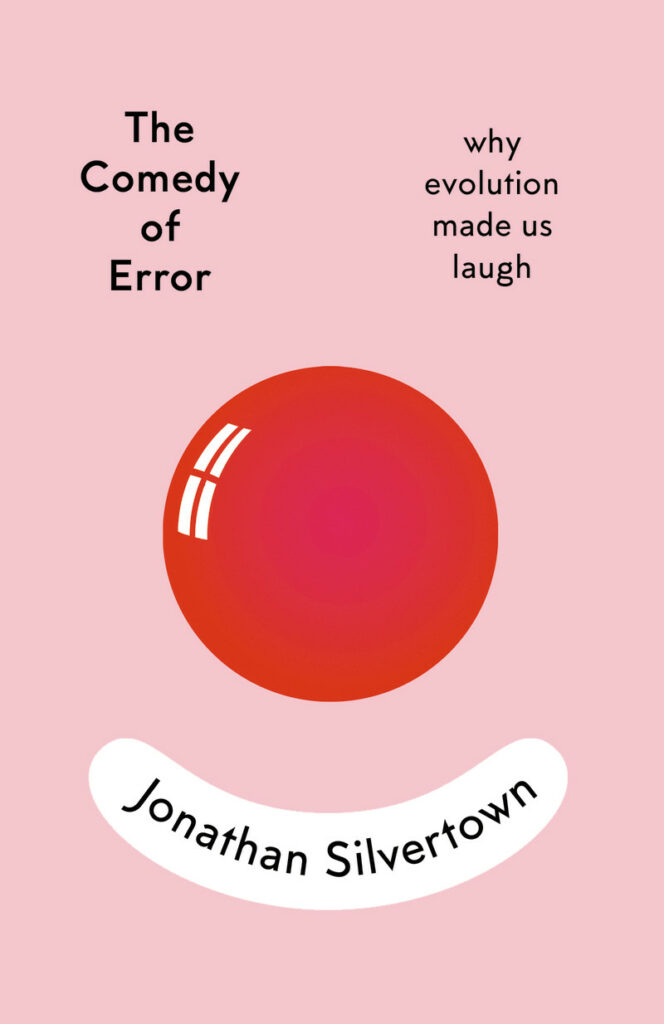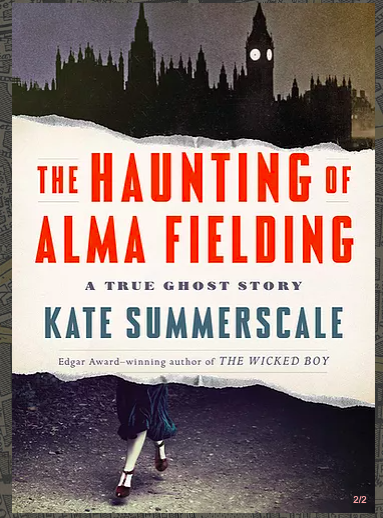Catching up with my favourite interviewer Philip Adams on my favourite interview program Late Night Live and must share two comedies and one tragedy. . . . .
What’s the purpose of laughter? (links are to the home pages of the interviews where they can be heard/downloaded)
 Interview with Jonathan Silvertown Professor of Evolutionary Ecology at the University of Edinburgh. First thing of interest was to learn that other animals do laugh. Even mice, though at a pitch we cannot hear. I have sometimes seen acts by animals or birds that I have immediately wondered if they were done in some sort of jest, but my mind, aspiring to be totally rational, tries to dispel that thought. Has the professor has given me licence to revisit those thoughts? I don’t know. Perhaps if I read his book, The Comedy of Error, I will find out.
Interview with Jonathan Silvertown Professor of Evolutionary Ecology at the University of Edinburgh. First thing of interest was to learn that other animals do laugh. Even mice, though at a pitch we cannot hear. I have sometimes seen acts by animals or birds that I have immediately wondered if they were done in some sort of jest, but my mind, aspiring to be totally rational, tries to dispel that thought. Has the professor has given me licence to revisit those thoughts? I don’t know. Perhaps if I read his book, The Comedy of Error, I will find out.
When Philip suggested laughter is cathartic Jonathan Silvertown pointed out that if that were the evolutionary motor that led to it then once the cathartic effect of, say, a Marx Brothers movie, had been accomplished after, presumably, the first 15 or so minutes then we would not find the rest of the film funny. Interesting.
The evolutionary driver that Silvertown hypothesizes is that laughter was primarily a sexual attraction, like the peacock feathers. So that’s why “must have good sense of humour” is always listed as a desirable attribute by those seeking a mate.
 This one was with Kate Summerscale about her book The Haunting of Alma Fielding. Ghosts and seances were very popular post World War and through to the Second World War and Summerscale’s study focuses on the investigations of one “sceptic” (though a sceptic in a positive sense since he really did hope to prove the existence of the paranormal but only by rigidly honest means) Nandor Fodor, chief ghost hunter at the International Institute for Psychical Research.
This one was with Kate Summerscale about her book The Haunting of Alma Fielding. Ghosts and seances were very popular post World War and through to the Second World War and Summerscale’s study focuses on the investigations of one “sceptic” (though a sceptic in a positive sense since he really did hope to prove the existence of the paranormal but only by rigidly honest means) Nandor Fodor, chief ghost hunter at the International Institute for Psychical Research.
I was intrigued enough to find an inexpensive electronic copy of the book online in order to find out what tricks Alma Fielding used to convince so many that poltergeists were responsible for moving and smashing things.
 This one struck a little closer to home. I knew some of those who had been arrested and put on trial for entering the Pine Gap US satellite surveillance base and assisted with them publicizing their experiences afterwards. Further protest actions followed. Kieran Finnane has written a book about Pine Gap and the more recent protests. It would be easy to think that nothing was achieved by those efforts. The protesters were treated with utter contempt in court and even by some of the media. But a book has been written about the base they were protesting against and their efforts, and those efforts, though small, demonstrate quite vividly the extremes to which Australian governments have gone to hide all knowledge of the functions of the bases from the public.
This one struck a little closer to home. I knew some of those who had been arrested and put on trial for entering the Pine Gap US satellite surveillance base and assisted with them publicizing their experiences afterwards. Further protest actions followed. Kieran Finnane has written a book about Pine Gap and the more recent protests. It would be easy to think that nothing was achieved by those efforts. The protesters were treated with utter contempt in court and even by some of the media. But a book has been written about the base they were protesting against and their efforts, and those efforts, though small, demonstrate quite vividly the extremes to which Australian governments have gone to hide all knowledge of the functions of the bases from the public.
It’s a book (another one) I want to read. Peace Crimes.
If you enjoyed this post, please consider donating to Vridar. Thanks!

Sparrows laugh at people. A day when I planted turnip seeds in Spring, I felt a little force coming from the Southeast and looked up to see five sparrows sitting motionless on the fence, looking at me with intensity, and silent. I thought to myself: Why those little buggers…they’re waiting for me to leave so they can scratch up my seeds; they know. Then I said out loud in my amused voice: “I know what you’re doing…you are going to come and get the seeds when I leave!” They all looked at each other and began peeping excitedly, doing squats with their little legs. Their discussion was lively and it sounded just like laughing! Then there was one unified swoop and all flew away to the West. That was the day I knew I had been laughed at by sparrows!
A point I meant to make in the post was the interesting observation that most laughter happens in conversations among people who are not telling jokes but are simply laughing at little incongruities or situations that signal friendliness, bonhomie. In the interview situations where animals (mice, if I recall?) have been found to laugh to signal that “all is well” when there is otherwise a possibility of misinterpretation — e.g. one mouse coming upon another unexpectedly “laughs” to signal he is not a threat.
The concluding lines of Silvertown’s book:
We have seen how laughter probably evolved as a play vocalisation tens of millions of years ago. Before that, the original laugh that became a play vocalisation may have been an all-clear signal.
At some point in our more recent evolutionary history, humour became a trigger for the play vocalisation and we began to laugh at benign incongruities. The last sentence should be written in neon lights 10 metres tall because it represents the culmination of more than 2,000 years of thinking by some of the brightest minds on the planet. Aristotle, were he alive today, might well lead a chorus of philosophers in a shout of ‘I told you so,’ but the difference now is that we have the evidence of how it could have happened.
The book “Peace Crimes” calls to mind for me the time I washed dishes with an Australian senator in a Quaker hostel in Auckland, New Zealand–Jo Vallentine of Perth, Western Australia, who got her start in politics by being arrested at Pine Gap. She campaigned on a single issue, ending nuclear weapons, with no hope of winning. But in a fluke in Australia’s election process, one of the leading candidates did not get enough votes to win and unexpectedly backed Jo Vallentine, making her, to her surprise, elected senator.
It was toward the end of that senate term that Senator Vallentine visited Auckland. This was in 1987. She visited a Greenpeace ship that had been bombed and sunk in Auckland’s harbor by agents sent by the French government. She gave interviews and a speech heard across New Zealand, and stayed at the Quaker hostel in Auckland where, by accident, I was staying. At the hostel there were common meals and then people cleaned up afterward. The first evening there Jo Vallentine, even though she was a famous senator, washed the dishes while I dried (no electric dishwasher!) and I had the chance to talk with her. I had never met a senator in the U.S., let alone seen a senator wash dishes after arriving as a guest of honor. But that was Jo Vallentine. She was very informed and inspiring.
She told a few of us privately that after she became senator, she was taken aside by some important men who told her, very seriously, that there were things that she did not know and that could never be disclosed to her (top secret), but were very important reasons why Pine Gap needed to continue in operation. She should trust them on that. She did not know what was meant, but did not pull back on her principled raising of basic issues, despite this message of “trust but do not verify” she had received as an elected official.
At the time of the Auckland visit Sen. Vallentine was running for reelection for her senate seat, again with no hope of winning, but said she ran because she owed it to her constituency to at least run. I asked her if there was any chance she might win again. She told me no, that was not going to happen, lightning was not going to strike twice. But after my return to the U.S. I read in the news that it DID happen. Again, one of the major candidates could not quite win, and so as to not let the opponent take office, at the last minute had thrown his votes to Vallentine, surprising her with reelection a second time.
Jo Vallentine was and remains one of my most admired public figures. I continued to read of Jo Vallentine in the news now and then in Australia from the distance in North America, including just now seeing a supportive comment from her to the author of “Peace Crimes” in a current article on the new book.
For background on Pine Gap, google an Independent Australia article titled “Pine Gap is still there–bigger and badder than ever”.
Thanks, Greg. I should also have remembered that back in 2007 I did post here something by one of the “Pilgrim” activists that I mentioned in the post: Report from Donna Mulhearn on the Pine Gap Trial
The voting for the Australian Senate can produce some “interesting” results such as in 2013 when a candidate standing for the “Australian Motoring Enthusiast Party” got a mere 0.51% of the primary vote yet defaulted to becoming a Senator after all the counting and preferences were done!
One day when I routinely went into a local suburban baker’s shop there was a bit of a queue and I felt I had seen the person standing next to me (like me, in shorts and thongs) waiting to be served. I asked him if I’d seen him before and he said, “probably” — then a lady in the same queue had to tell me it was Wayne Swan. (He was our Deputy Prime Minister at the time!)) Amazing how the brain works, or doesn’t work – being unexpected and out of context led me to fail to identify him.
https://www.youtube.com/watch?v=DUPo62ouU84&list=LLf8qngk5qvisQjLNLqyEZ8g&index=261